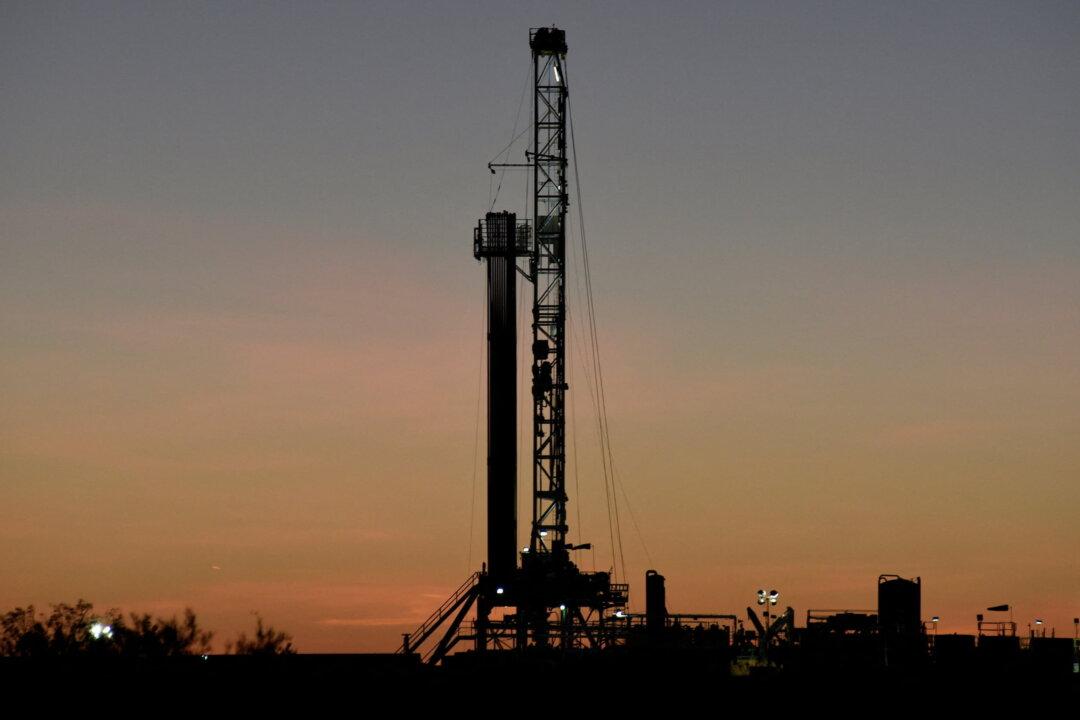Commentary
One of the worst movies ever made–apart from the bottomless pit of direct-to-video fare—has got to be 2003’s “The Core,” starring Hilary Swank and the insufferable Stanley Tucci. Swiping the Booby Prize long held by 1977’s “Exorcist II: The Heretic,” this “save the planet from itself” journey to the soft Tootsie Roll center of the earth was voted by scientists as having disregarded science more than any other major film.





